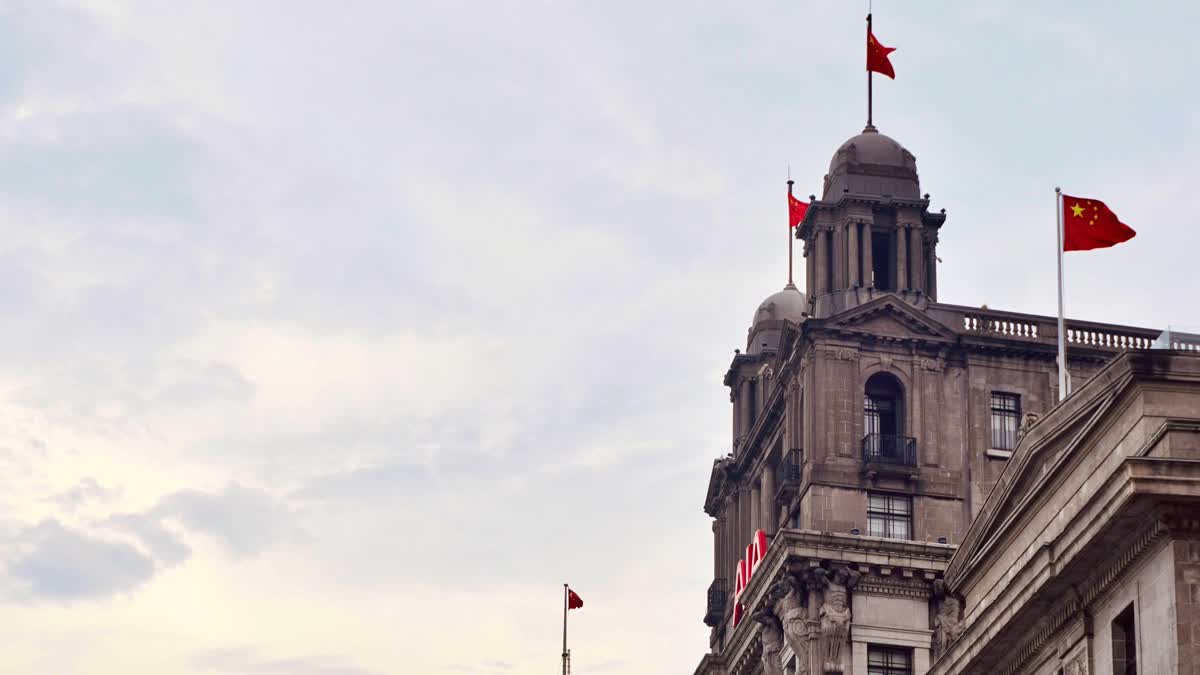Hong Kong: The Chinese government has expanded its campaign of closing mosques to regions other than Xinjiang, where for years it has been blamed for persecuting Muslim minorities, according to a Human Rights Watch report released Wednesday. Authorities have closed mosques in the northern Ningxia region as well as Gansu province, which are home to large populations of Hui Muslims, as part of a process known officially as consolidation, according to the report, which draws on public documents, satellite images and witness testimonies.
Local authorities also have been removing architectural features of mosques "to make them look more Chinese," part of a campaign by the ruling Communist Party to tighten control over religion and reduce the risk of possible challenges to its rule. President Xi Jinping in 2016 called for the Sinicization of religions, initiating a crackdown that has largely concentrated on the western region of Xinjiang, home to more than 11 million Uyghurs and other Muslim minorities. A United Nations report last year found China may have committed crimes against humanity in Xinjiang, including through its construction of a network of extrajudicial internment camps believed to have held at least 1 million Uyghurs, Huis, Kazakhs and Kyrgyz.
Chinese authorities have decommissioned, closed down, demolished or converted mosques for secular use in regions outside Xinjiang as part of a campaign aimed at cracking down on religious expression, according to Human Rights Watch. The Chinese Foreign Ministry did not immediately answer faxed questions seeking comment on the report and its official policies toward Muslim minorities.
One of the first known references to mosque consolidation appears in an internal party document from April 2018 that was leaked to U.S. media as part of a trove of documents known as the Xinjiang Papers. The file instructed state agencies throughout the country to strengthen the standardized management of the construction, renovation and expansion of Islamic religious venues and stressed that there should not be newly built Islamic venues in order to compress the overall number (of mosques).
The Chinese government is not consolidating' mosques as it claims, but closing many down in violation of religious freedom, said Maya Wang, acting China director at Human Rights Watch. The Chinese government's closure, destruction and repurposing of mosques is part of a systematic effort to curb the practice of Islam in China. In Liaoqiao and Chuankou villages in Ningxia, authorities dismantled the domes and minarets of all seven mosques and razed the main buildings of three of them between 2019 and 2021, according to videos and pictures posted online and corroborated with satellite imagery by the group's researchers. Additionally, the ablution hall of one mosque was damaged inside, according to videos obtained by the group. The Associated Press could not independently verify the changes described in the report.
The policy of consolidating mosques was also referenced in a March 2018 document issued by the government of Yinchuan, the capital of Ningxia. According to the paper, the government wanted to strictly control the number and scale of religious venues and called for mosques to adopt Chinese architecture styles.



